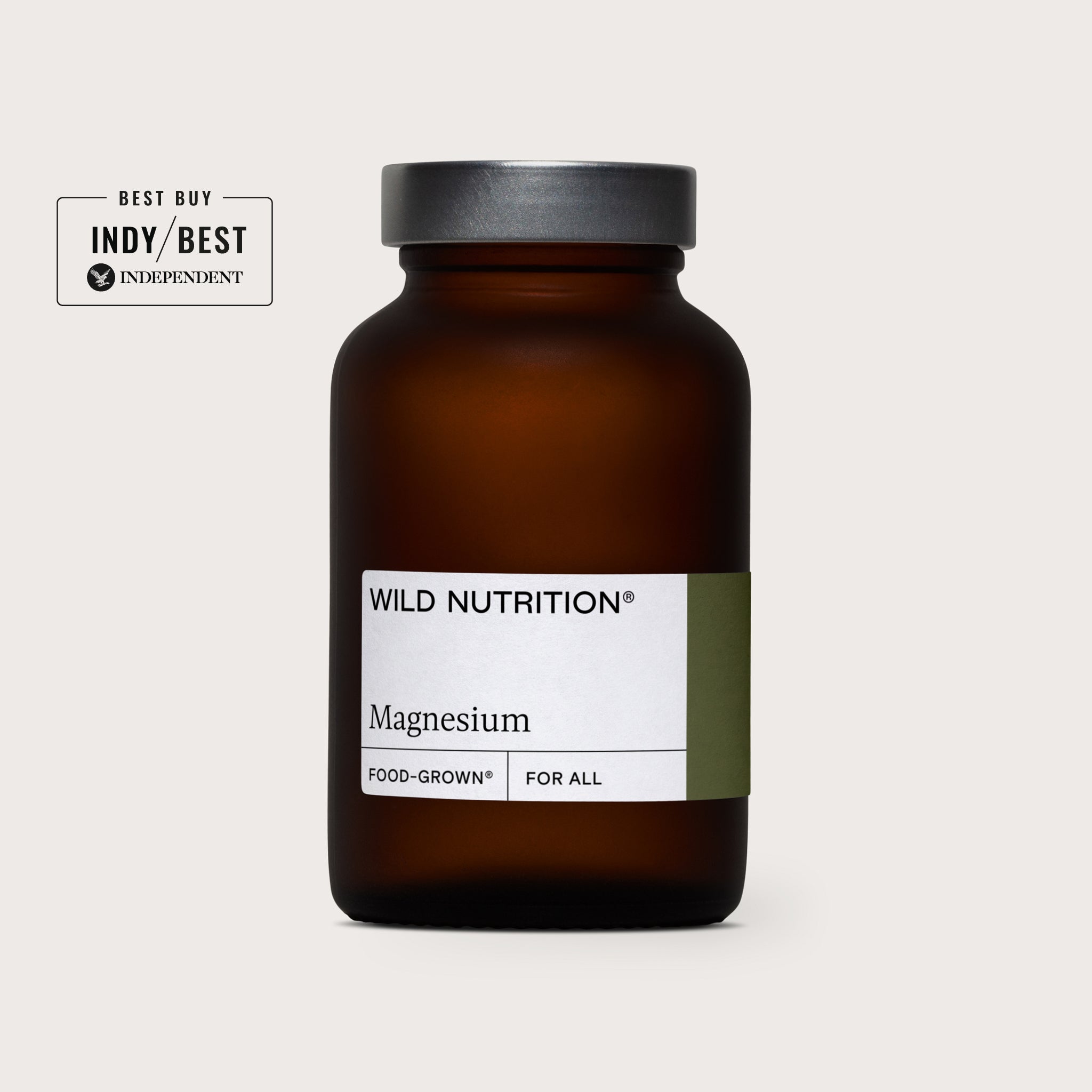
How to become a healthy vegan
Thinking of embracing a vegan diet? Unsure if you’re getting all the nutrients you need? Read on for our experts’ guide to optimising plant-based nutrition.
When it comes to going plant-based, a little nutrition 101 is essential. Both a meat-based diet and a vegan diet can provide adequate amounts of nutrients including iron, B vitamins, calcium and magnesium, all of which help your body to stay healthy and recover. The key when you’re vegan? Knowing which nutrients may need a little more help, and how best to get them.
Here are our insider tips for avoiding common nutrient deficiencies when following a vegan diet.
1. Fibre
A healthy vegan diet is often rich in dietary fibre but, with the increased availability of ultra-processed foods, it’s important we stick to the basics and prioritise whole foods. Fibre supports our digestive health in general and promotes regular bowel movements. Research shows fibre helps to lower cholesterol and optimise blood sugar.
Fibre can even help with weight management. It also provides powerful plant antioxidants, which can prevent or slow down cell damage caused by free radicals (the bad guys!) This helps us to fight infection, promote rejuvenation and support a healthy immune system.
Fibre also plays a crucial role in gut health and mood since there is a strong connection between our gut and psychological wellbeing.
You can find fibre in:
- Beans
- Lentils
- Wholegrains (such as quinoa, rice, oats, buckwheat)
- Nuts + seeds
- Fruit (with skin)
- Vegetables (especially artichokes, broccoli, beetroot, Swiss chard and collard greens)
2. Protein
Protein has many important jobs in the body, in fact, we could write a whole blog post just about protein, but here are some of the key ways our body utilises it:
- The repair of muscles and bones
- To make hormones, neurotransmitters and enzymes
- Supporting the immune system
- Allowing the brain to work optimally
- Skin, hair and nail health
Getting adequate protein as a vegan is vital. Don’t forget that nearly all vegetables, beans, pulses, grains, nuts and seeds contain protein at varying levels. However it is important to ensure you meet daily protein requirements* and often these proteins are ‘incomplete’ meaning they don't contain all of the essential amino acids in one food, so you may need to pair amino acids from different foods to build a complete protein.
*on average, 0.75g per kg of body weight for adults, however, this need does increase with certain life stages such as pregnancy, breastfeeding and older adults, as well as for those practising regular intensive exercise.
3. Amino Acids
Amino acids are the building blocks of protein, and we often think of them as the building blocks of life as we find protein in every cell within the human body. The body needs 20 different amino acids to maintain good health, nine of these are ‘essential’ because the body cannot make them.
Not getting enough of certain amino acids may result in decreased immunity, digestive problems, depression, fertility issues, lower mental alertness, slowed growth in children and teens and many other health issues.
4. Vitamin B12
It's essential that all vegan diets contain a reliable source of vitamin B12. You can find some vegan B12 in nutritional yeast, fortified soy and alternative milks, fortified cereal products (including bread) and tempeh however this is not enough to keep levels optimal. You should also consider a B12 supplement if following a strict vegan diet or if your levels are low in a blood test.
Vitamin B12 helps you feel energised, reduces tiredness and protects the nervous system and brain function.
5. Calcium
Dietary calcium is needed for bone and dental health. Despite dairy being a commonly cited source of calcium there are rich vegan sources of calcium including sesame seeds, tahini, chia seeds, dried figs and apricots, broccoli, cabbage and dark leafy greens such as cavolo nero.
6. Vitamin D
Vitamin D can be hard to get from our diet, whether we are vegan or not. We mainly get vitamin D from sunlight between April and September. A vitamin D supplement through the autumn and winter months is generally advised if you live in the Northern Hemisphere. In the UK both the NHS and Public Health England recommend daily supplementation from October-March.
7. Iron
A plant-based diet provides ‘non-heme’ iron (from plants), which is not utilised by the body in the same way as a heme iron (animal-sourced). However, there are many options for iron-rich foods which should be included. Pulses, nuts, tofu, dark green leafy vegetables and dried fruits like unsulfured apricots, prunes and figs are all good choices. To utilise the uptake of non-heme iron, pair it with Vitamin C-rich foods such as tomatoes, bell peppers, berries, green leafy vegetables and citrus fruits as they aid absorption.
8. Omega 3
The body needs essential fatty acids and cannot make them. Therefore we need to get them from our diet. Omega 3 is important for supporting healthy hormones, as well as cardiovascular and brain health.
Vegan sources include chia seeds, flaxseeds, hemp seeds and walnuts. However, these are in the ALA form which needs to be converted to the DHA/EPA forms, which are not always well converted. It is often worth considering an algae-based omega 3 if you follow a strict vegan diet.
Head to these blogs for more support on being a healthy vegan.
If you have any questions or are worried that you might not be consuming the vitamins and minerals to keep you and your family healthy then we offer free consultations with our expert Nutritional Therapists. Book your free 15 minute consultation today.












